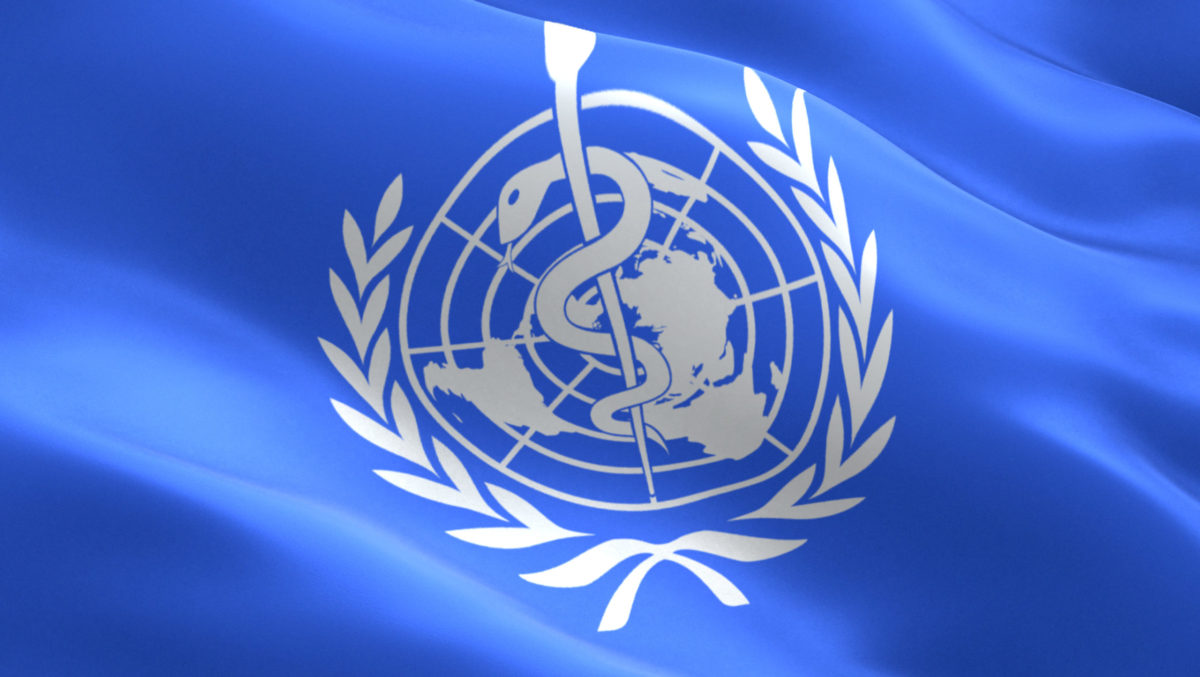The Prospects for an IP Waiver Under the TRIPS Agreement
Going forward, practical solutions should focus on scaling up manufacturing and supply, and improving access and affordability.

Going forward, practical solutions should focus on scaling up manufacturing and supply, and improving access and affordability.

A recent publication by the WHO seems to have rekindled conversations about the “inevitability of error” in the field of patient safety.

We should not forget that all is not well at home, and that some systems are failing, causing avoidable patient injury, and, in some cases, death.

The June Medical and Alliance for Open Society decisions call into question the contemporary comparative relevance of U.S. abortion jurisprudence.

As the organization shoulders sustained disparagement from President Trump, it is worth highlighting the critical work the WHO has done over the years.

By Wendy Parmet[Ed. Note: Cross-posted from HealthLawProf Blog.] Last month’s riots in an Ebola-infected slum in Monrovia, Liberia demonstrated anew the perils of relying on quarantine, and similar highly coercive public health laws, to contain highly contagious diseases. At first blush, Ebola viral disease (EVD) is exactly the type of disease for which broad quarantines…
By Arthur Caplan Art Caplan has a series of new opinion pieces out on the WHO ethics advisory committee meeting that approved the use of experimental drugs to treat patients ill with Ebola. He suggests deeper exploration of issues of informed consent, corporate responsibility, and resource allocation in this blog post for The Health Care…
By Arthur Caplan Art Caplan has a new opinion piece on NBC News responding to the recent media coverage of Ebola. He makes the case that although this has been the worst recorded outbreak of the disease, citizens of developed countries have little reason to panic: Ebola is not going to run amok in downtown Boston, Cape May or…